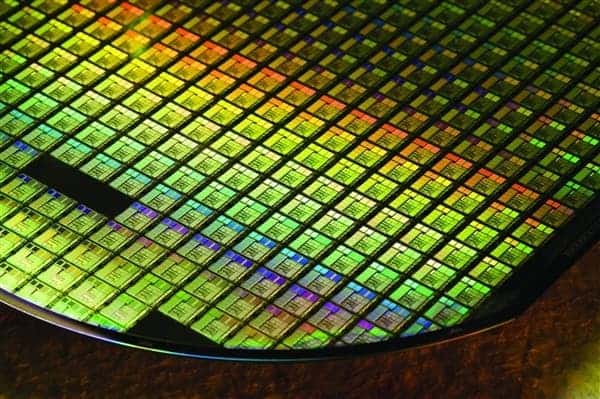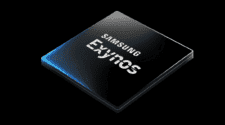Today, IBM released the world’s first 2nm chip manufacturing technology. Compared with the mainstream 7-nanometer chips currently used in many notebooks and smartphones, 2-nanometer chips are 45% faster and 75% more energy efficient. Also, it can allow smartphones to provide up to 4 days of a battery life or reduce the carbon footprint of data centers.
‘The IBM innovation reflected in this new 2nm chip is essential to the entire semiconductor and IT industry,’ said Darío Gil, SVP and director of IBM Research.

IBM, once a major chip manufacturer, has now outsourced a large amount of its chip production to Samsung Electronics. But there is still a chip manufacturing research center in Albany, New York. The center is responsible for the trial operation of the chip and has signed a joint technology development agreement with Samsung and Intel to use IBM’s chip manufacturing technology.
Also, 2nm chips will be smaller and faster than the current leading 5-nanometer chips. They have already appeared in high-end smartphones such as Apple’s iPhone 12.
After 5-nanometer chips, we are expecting 3-nanometer chips to debut. And we have to state that the 2nm chip manufacturing technology released by IBM is currently in a leading position in the world.
IBM’s 2nm Chip Technology’s Advantages
The technology demonstrated by IBM today has a quite enhanced basic component: the transistor. It acts like an electrical on-off switch to form the 1s and 0s of binary digits at that foundation of all modern computing. This makes them faster and more power efficient. But it will also cause problems such as electronic leakage, which IBM’s 2-nanometer technology has overcome. The company said that it can fit 50 billion transistors onto a 150 square millimeter chip.
Darío Gil also said: ‘In the end, there’s transistors, and everything else (in computing) relies on whether that transistor gets better or not. And it’s not a guarantee that there will be a transistor advance generation to generation anymore. So it’s a big deal every time we get a chance to say there will be another.’
However, it’s still unclear how long it will take to find its way into an actual product. As for the market leader, TSMC should start mass production of 4nm and 3nm next year. It is currently working on 2nm technology.
P.S. An interesting comparison information we found on datacenterdynamics. It turns out a single human hair spans a whopping 50,000-75,000 nanometers. A human red blood cell is 6,000-8,000nm. Covid-19 is 50-140nm.





